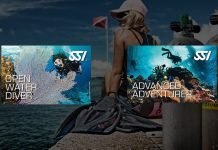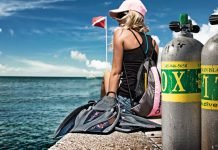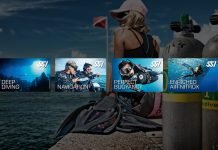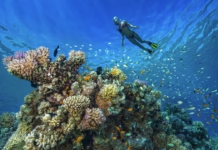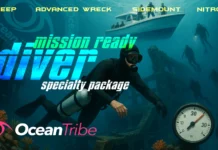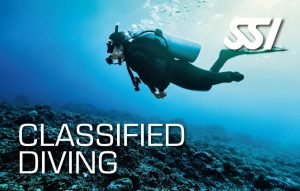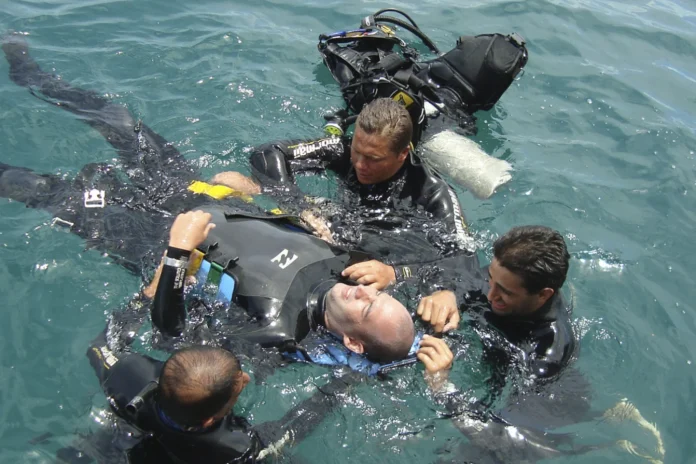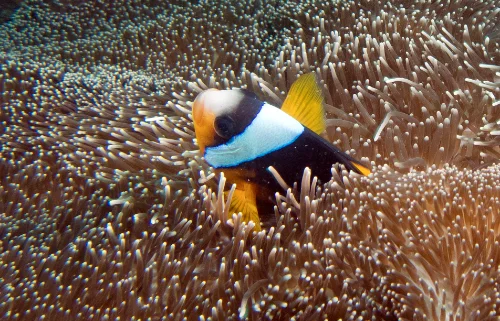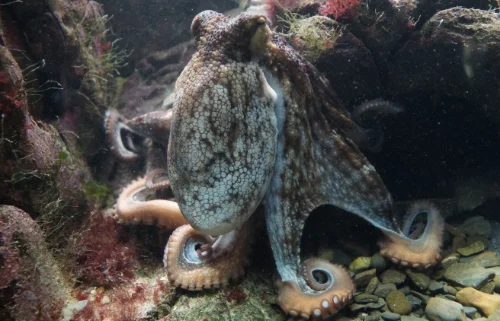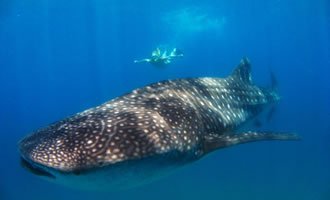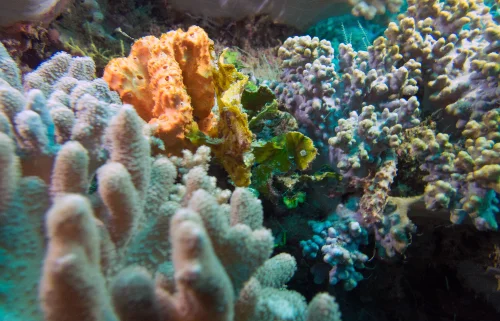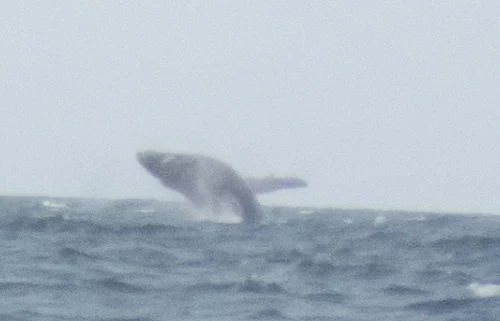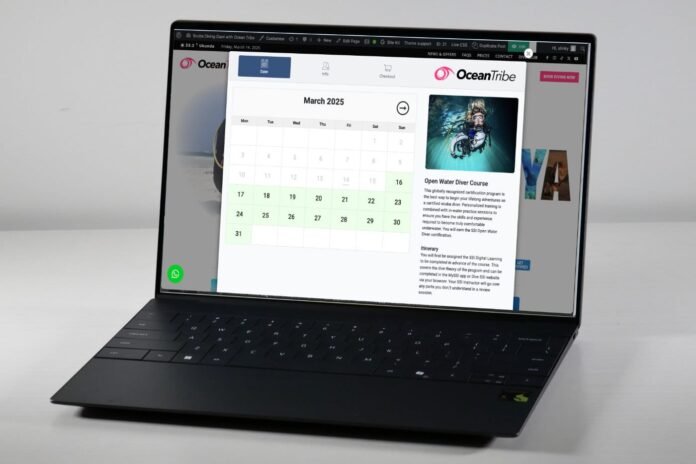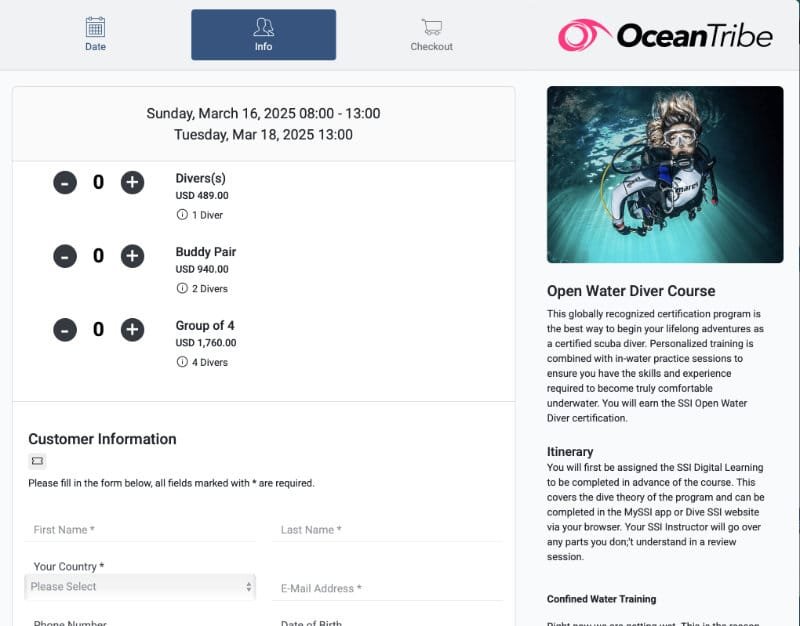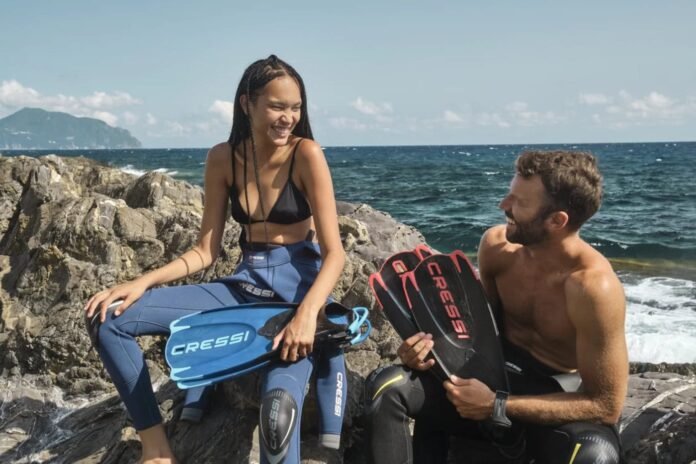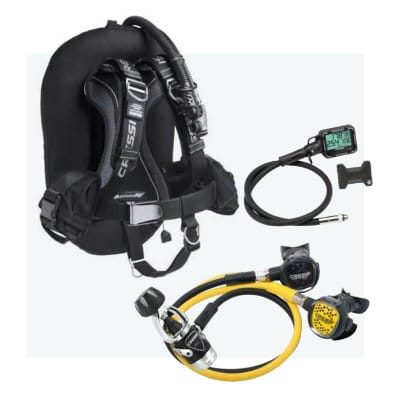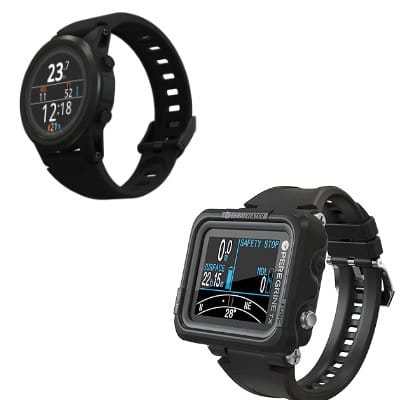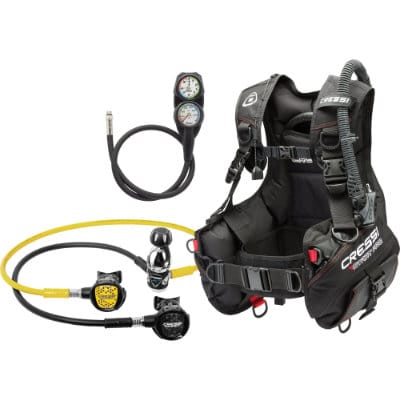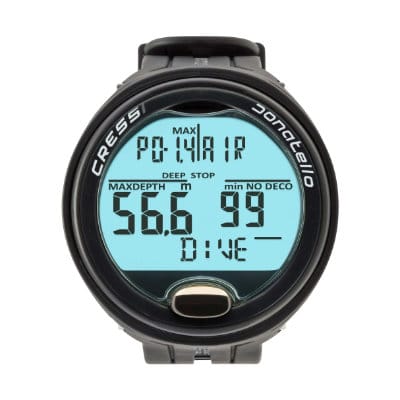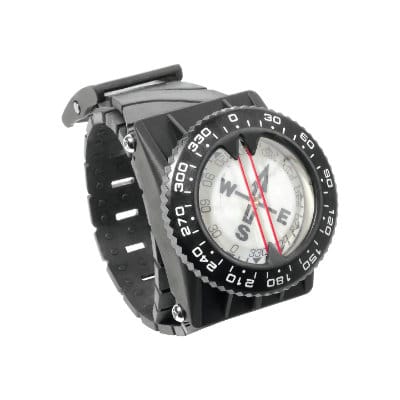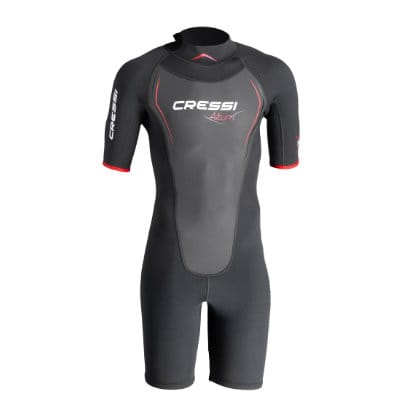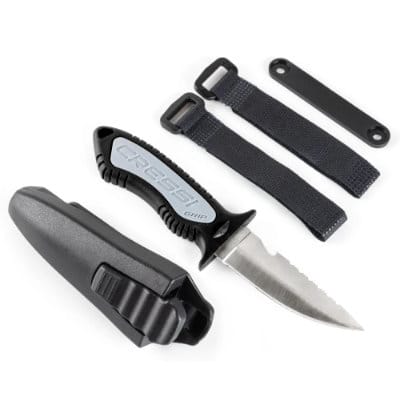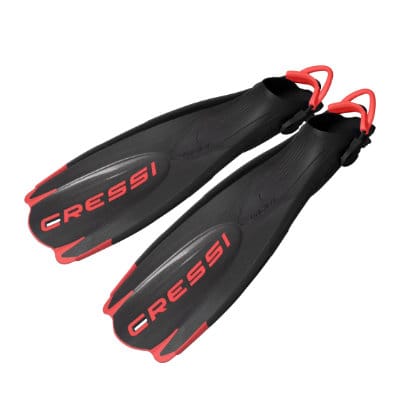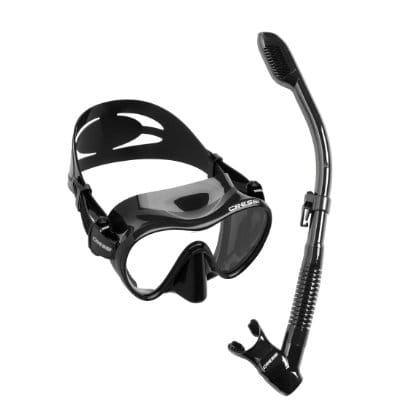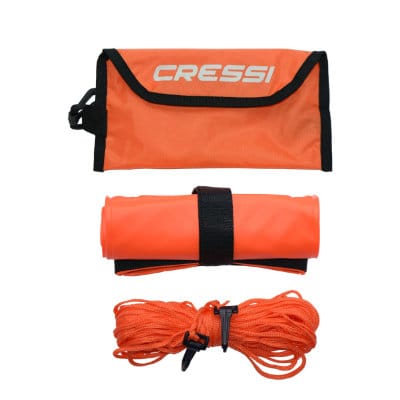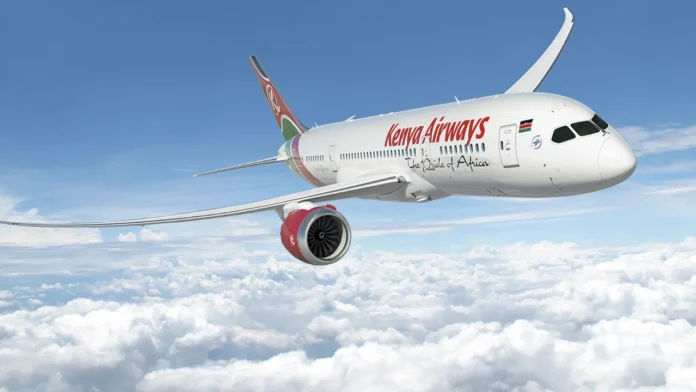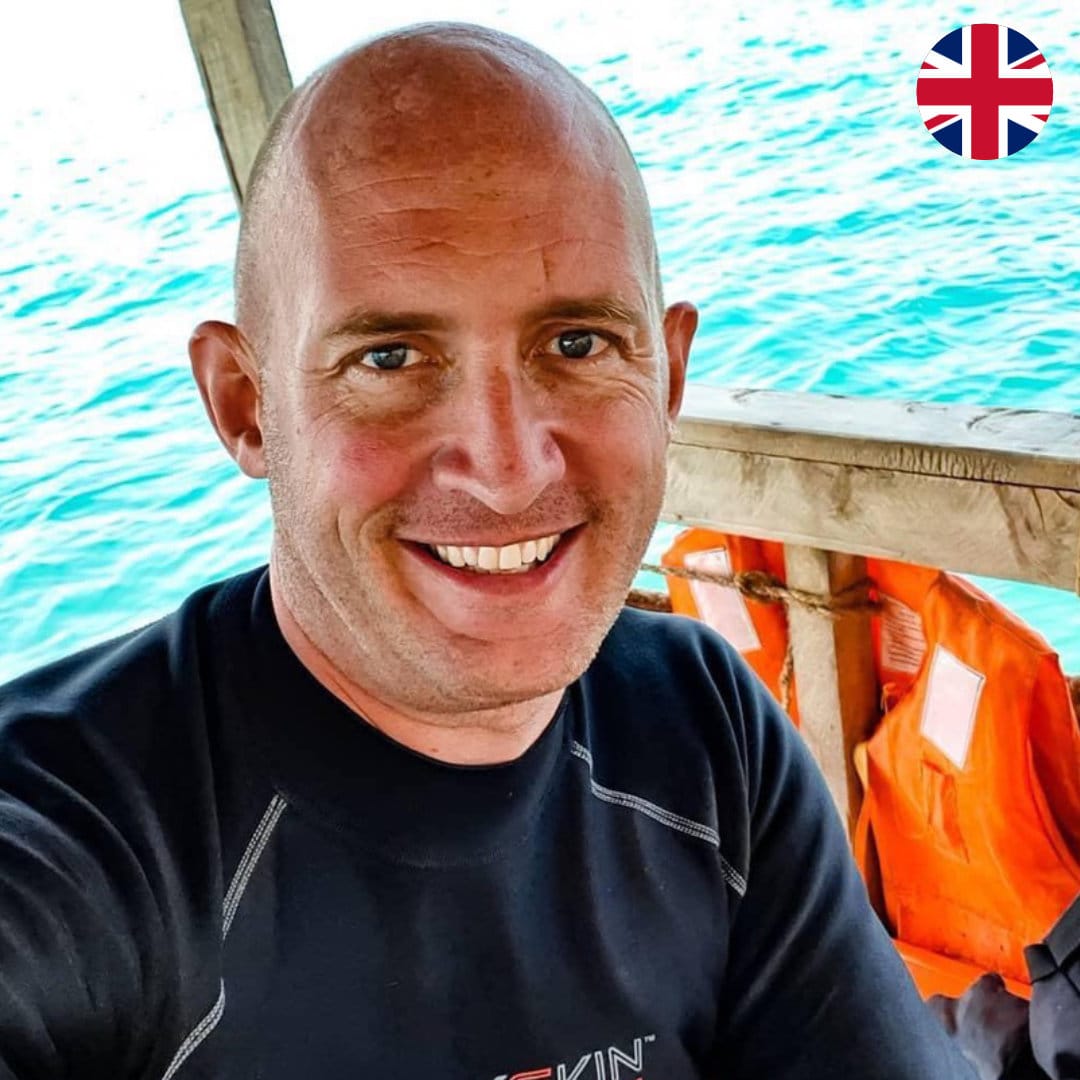Backpacking and scuba diving might seem like an unlikely combination, but for adventurous travellers, it’s the perfect way to explore both land and sea. If you’re backpacking in Kenya and plan to dive in places like Diani, Watamu, or Mombasa, carrying the right scuba gear can make all the difference.
Since space and weight are limited, you’ll need to be strategic about what to pack. Here’s a guide to the essential scuba gear to bring when backpacking.
1. Mask and Snorkel
A well-fitting mask is one of the most important pieces of dive gear, and rental masks don’t always offer a great fit. Bringing your own ensures comfort and a leak-free seal. A snorkel is also useful for exploring shallow reefs or saving air while waiting at the surface.
2. Dive Computer
A dive computer is a must-have, especially if you’re planning multiple dives over several days. It tracks your depth, bottom time, and decompression limits. Many dive shops in Kenya rent out dive computers, but having your own means you’re familiar with its settings and don’t have to rely on availability.
3. Regulator
While most dive shops provide well-maintained regulators, some backpacking divers prefer to carry their own for hygiene and familiarity. If you have limited space, you can rent one at your dive destination.
4. Wetsuit (Shorty or Full Suit)
Kenya’s coastal waters stay warm year-round, typically between 24°C and 29°C (75°F–84°F), but a wetsuit is still useful. A 3mm shorty is great for warm-water diving, while a full wetsuit provides extra protection against stings, coral scrapes, and cooler thermoclines.
5. Lightweight Fins
If you have space, bring compact travel fins. Open-heel fins with booties are great for shore dives, while full-foot fins are lighter and take up less space. If your bag is full, most dive centers provide fins as part of their rental gear.
6. Reef-Safe Sunscreen
Protecting your skin from the sun is essential, but regular sunscreen contains chemicals harmful to coral reefs. Choose a reef-safe sunscreen to help preserve Kenya’s beautiful marine ecosystems.
7. Mesh Bag or Dry Bag
A mesh bag is great for carrying your gear to and from the dive boat, while a dry bag keeps your valuables (phone, money, and clothes) safe from water splashes.
8. Underwater Camera (Optional)
Kenya’s dive sites are filled with marine life, including turtles, dolphins, and colorful coral reefs. If you love underwater photography, consider bringing a compact action camera like a GoPro.
9. Save-a-Dive Kit
A small repair kit with spare O-rings, fin straps, and zip ties can be a lifesaver if something breaks before a dive.
10. Certification Card & Logbook
Always carry your certification card (physical or digital) to prove your dive level. A logbook (or dive app) is useful for recording your dives and tracking progress.
What to Leave Behind?
•BCD – Too bulky for backpacking; rental options are available at most dive shops.
•Weights & Tank – These are always provided by the dive shop.
•Thick Wetsuits (5mm–7mm) – Kenya’s waters are warm enough for a thinner suit.
Final Tips for Scuba Backpackers
•Pack light and prioritize multi-use gear.
•Use a waterproof travel backpack to keep your gear safe.
•Research dive shops in advance to check rental options.
•Respect marine life and follow eco-friendly diving practices.
With the right gear, you’ll be ready to explore Kenya’s stunning underwater world while keeping your backpack light. Safe travels and happy diving!
Join us at Ocean Tribe for unforgettable diving adventures along Kenya’s spectacular coastline! Whether you’re a beginner or an experienced diver, we’ve got everything you need for an amazing underwater experience. Contact us today!




